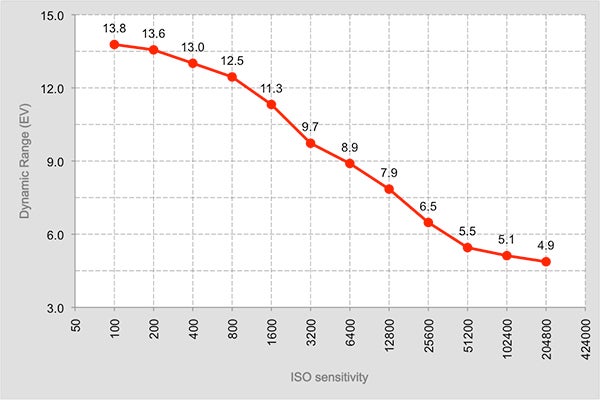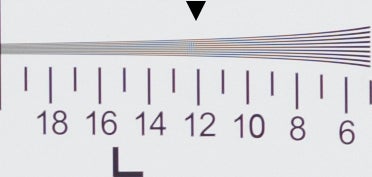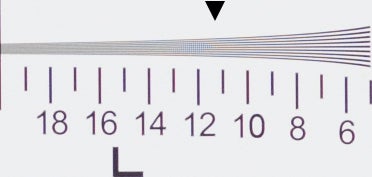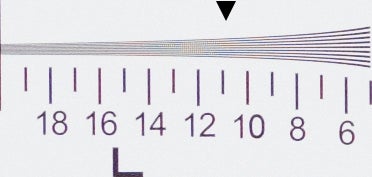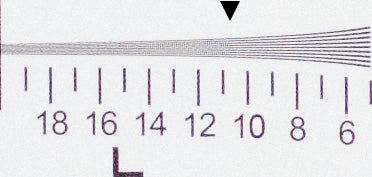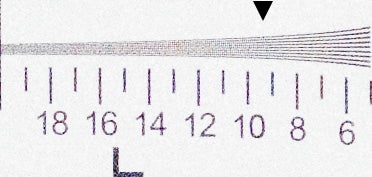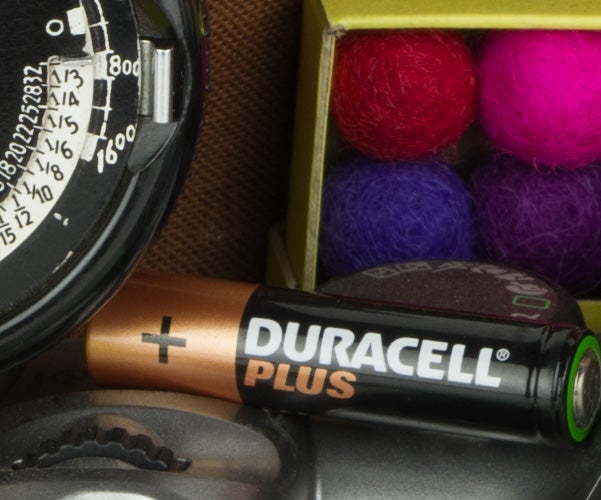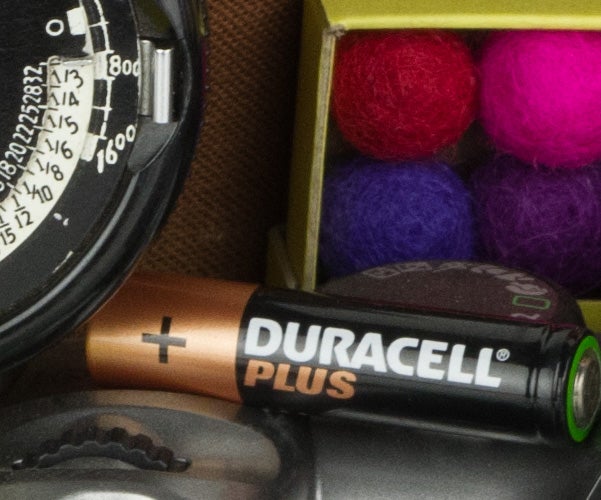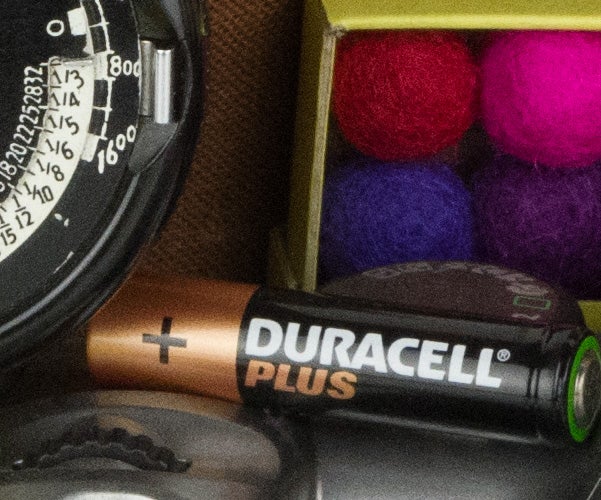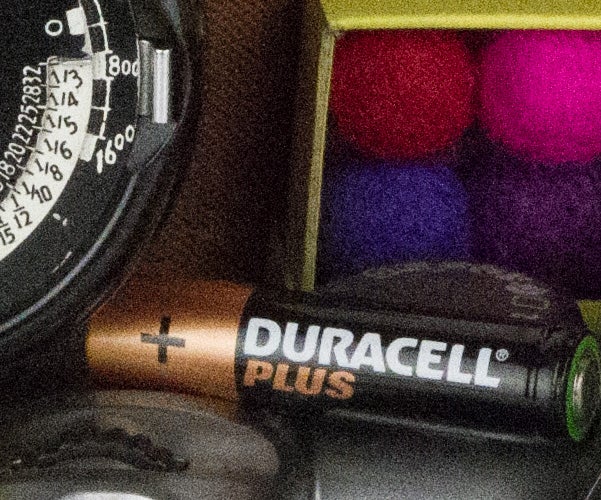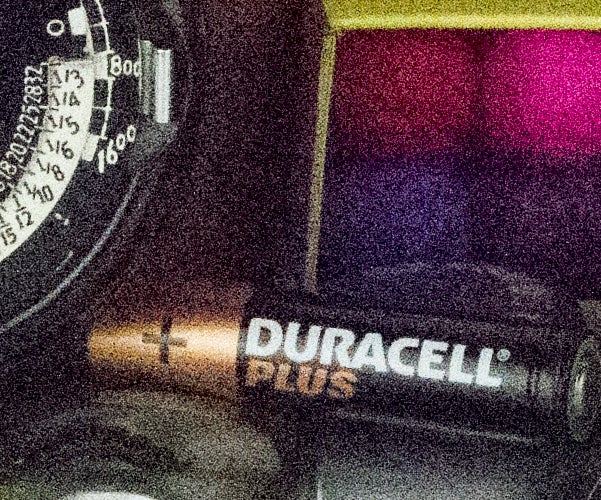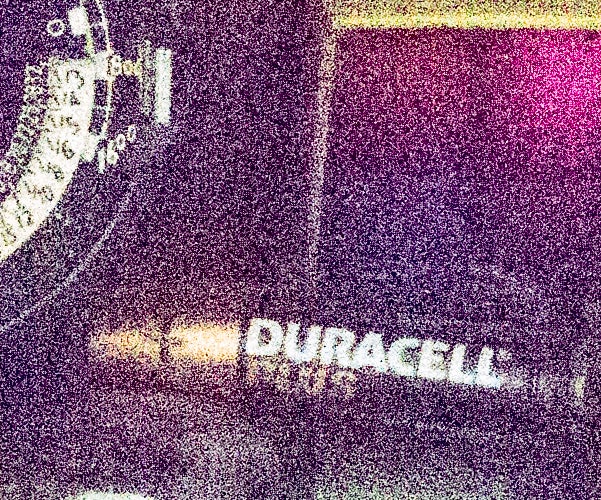The K-1 has the honour of being the first full-frame Pentax DSLR. Matt Golowczynski takes a closer look at this impressively specified camera in this Pentax K-1 review
Pentax K-1 review
Pentax K-1 review: Dynamic range, resolution and noise
One thing that’s certain is the K-1 has an excellent sensor at its heart, which captures images with superb detail and a wide dynamic range. In some ways, its performance is as expected for a 36MP full-frame sensor, but comparing its results to those of some of its rivals shows it to have some advantages, too. Considering that the only cameras that currently beat it for resolution are far pricier than the K-1, these really are noteworthy results. One slight oddity is the broad ISO range on offer; while noise is well controlled throughout much of the range, the level of noise at the highest two settings explains why other manufacturers cap sensitivity more modestly with similar sensors.
Dynamic range
For a camera with a sensor of its type, the K-1 does an excellent job with dynamic range, particularly at its lower settings. At its base ISO 100 sensitivity it records a brilliant 13.8EV in our Applied Imaging tests, and manages to stay above 13EV until ISO 800, where it drops down to a still very respectable 12.5EV. At its middle settings, it manages a performance that’s as good as – if not slightly better than – a number of other full-frame rivals, and it’s only really outdone by the Sony Alpha 7S II.
Resolution
Without the AA filter option enabled, the K-1 can resolve 4,800l/ph at its base sensitivity of ISO 100. This is a highly impressive result; it is somewhat expected for a camera with such a sensor and matched elsewhere by others, but is impressive nonetheless. Just as pleasing to see is how steadily this falls with each increase in sensitivity, with results at ISO 1,600 recording a still excellent 4,400l/ph. Only at ISO 51,200 does this fall below 4,000l/ph. The target does, however, show some false colour and maze patterning; this is successfully eliminated with the Type 2 Anti-Aliasing filter simulator enabled, although resolution then drops down to a still impressive 4,400l/ph at ISO 100. Overall, a very strong set of results.
Noise
For a model fitted with a 36MP full-frame sensor, the K-1 offers a surprisingly broad ISO range, from ISO 100 all the way up to ISO 204,800. Up to ISO 3,200, images maintain their detail well, with noise becoming increasingly visible in the range but only in small increments. After this point, images start to degrade further and further, with those captured at ISO 25,600 being usable and those at 51,200 usable only at a push. It’s difficult to see how the highest two options could be usable; detail suffers greatly in images captured at ISO 102,400, and can barely be made out in anything captured at ISO 204,800. Sadly, it appears as if Ricoh hasn’t found a successful formula to warrant including the latter two options. Rival bodies with similar sensors cut off sensitivity at between ISO 25,600 and ISO 102,400, and this really should have been the case here, too.





